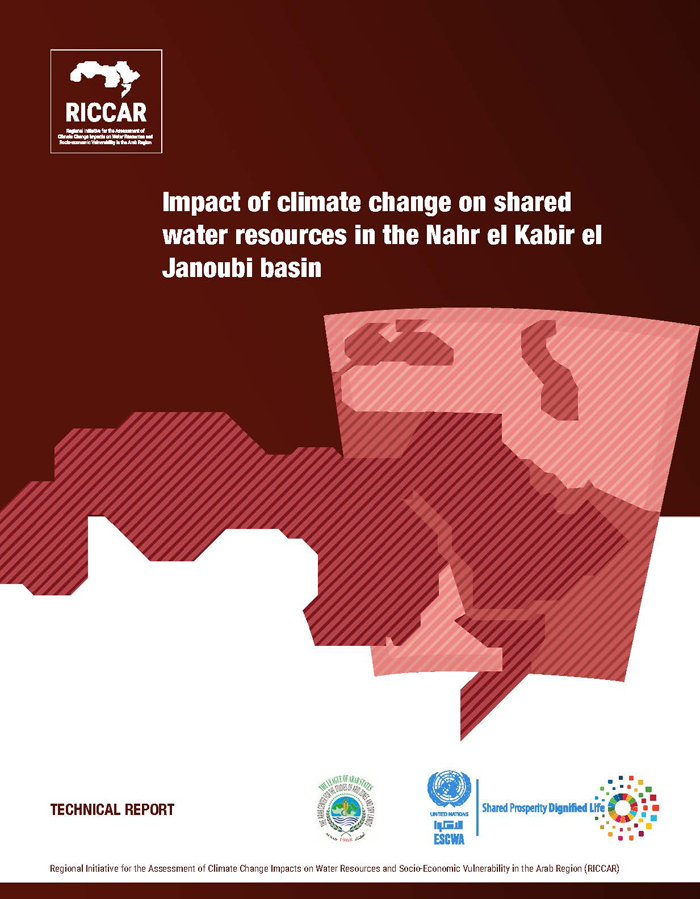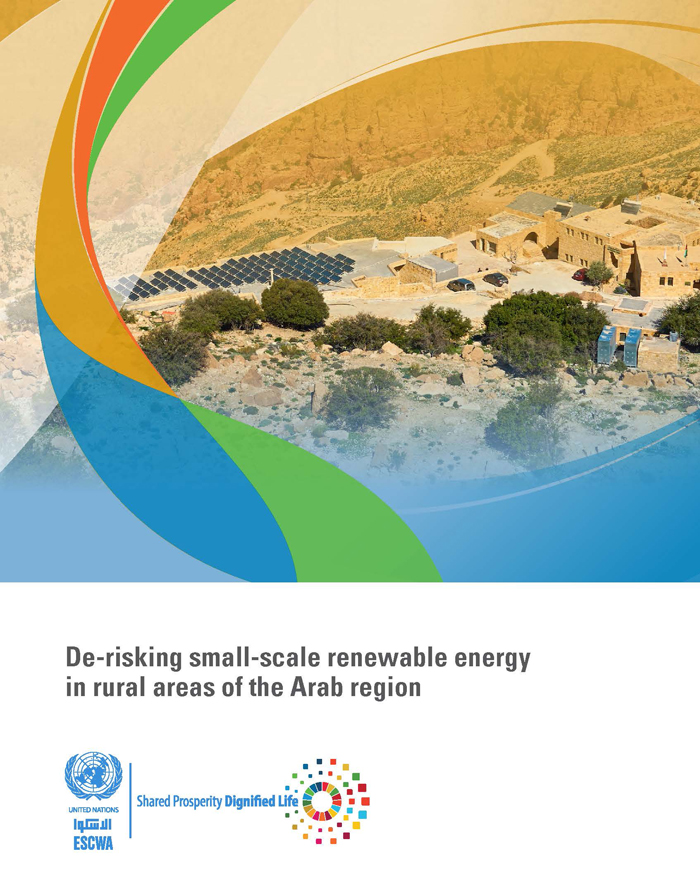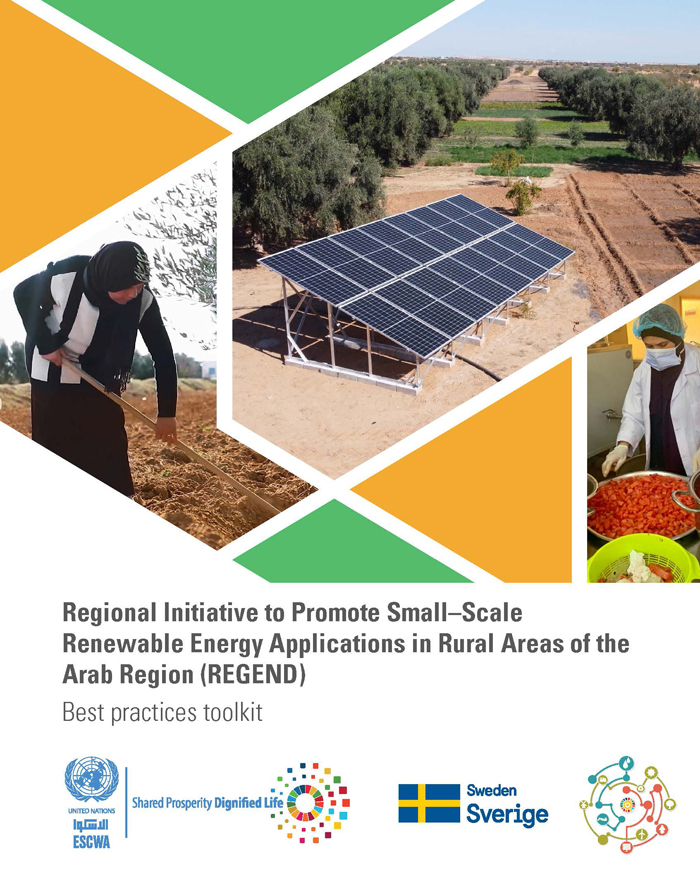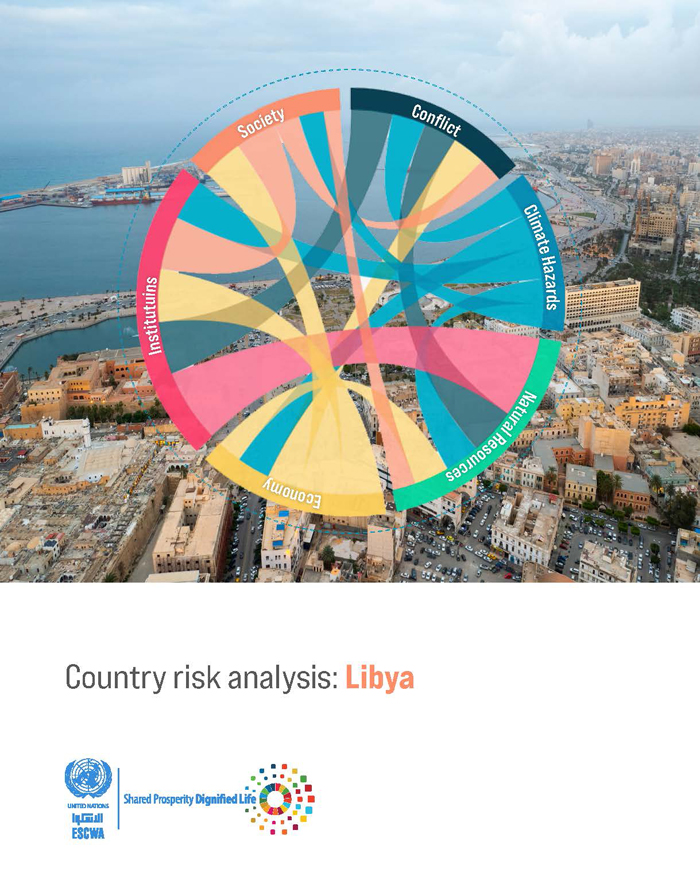
ESCWA Publication: E/ESCWA/CL1.CCS/2021/RICCAR/TECHNICAL REPORT.10
Country: Lebanese Republic, Syrian Arab Republic
Publication Type: Reports & studies
Cluster: Climate Change and Natural Resource Sustainability
Focus Area: Climate change, Natural resource sustainability
Initiatives: RICCAR, Arab Centre for Climate Change Policies, Advancing water and food security
SDGs: Goal 6: Clean Water and Sanitation, Goal 13: Climate Action
Keywords: Water resources, Water resources development, Climate change, Water balance, Food security, Climate, Technical cooperation, River basins, Shared water resources
Impact of climate change on shared water resources in the Nahr el Kabir el Janoubi basin
November 2022
The Arab region is highly dependent on shared water resources, given that two thirds of its freshwater resources are transboundary in nature and there are 27 shared surface water basins. In the Mashreq in particular, sharing of water resources is a necessity as all Mashreq countries share one or more of the 24 transboundary aquifers. The Nahr el Kabir el Janoubi river basin arises from the springs of the southern part of the Syrian Arab Republic and the mountains of Northern Lebanon, and its water supply is shared between the two countries.
The present technical report provides a detailed case study on the assessment of climate change impacts on shared water resource use and availability in the Nahr el Kabir el Janoubi basin in Lebanon and the Syrian Arab Republic. It includes an analysis of localized impacts of climate change on wheat and potato yields, and a discussion on the impact of invasive species in the basin. The regional climate projections for the Mashreq Domain used to inform this report were produced by the Swedish Meteorological and Hydrological Institute (SMHI). The study was carried out as part of a project focused on water and food security under a changing climate context, led by the Swedish International Development Cooperation Agency (Sida).
Related content
Climate change
, Natural resource sustainability
,
The Arab region is highly dependent on shared water resources, given that two thirds of its freshwater resources are transboundary in nature and there are 27 shared surface water basins. In the Mashreq in particular, sharing of water resources is a necessity as all Mashreq countries share one or more of the 24 transboundary aquifers. The Nahr el Kabir el Janoubi river basin arises from the springs of the southern part of the Syrian Arab Republic and the mountains of Northern Lebanon, and its water supply is shared between the two countries.
The present technical report provides a detailed case study on the assessment of climate change impacts on shared water resource use and availability in the Nahr el Kabir el Janoubi basin in Lebanon and the Syrian Arab Republic. It includes an analysis of localized impacts of climate change on wheat and potato yields, and a discussion on the impact of invasive species in the basin. The regional climate projections for the Mashreq Domain used to inform this report were produced by the Swedish Meteorological and Hydrological Institute (SMHI). The study was carried out as part of a project focused on water and food security under a changing climate context, led by the Swedish International Development Cooperation Agency (Sida).



